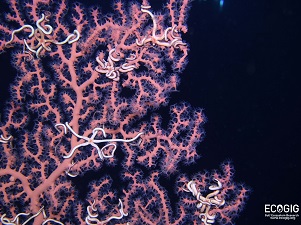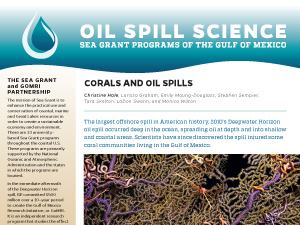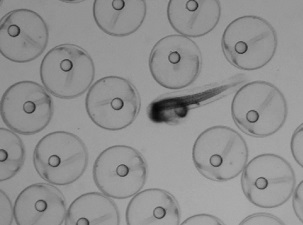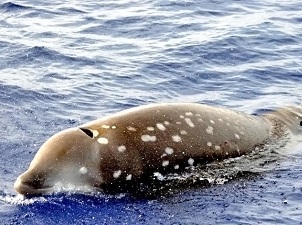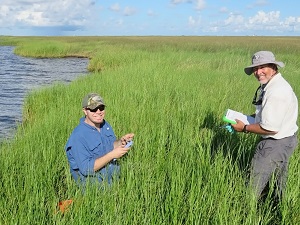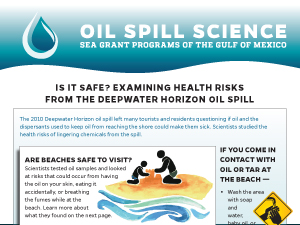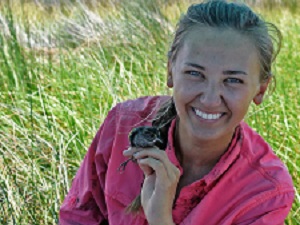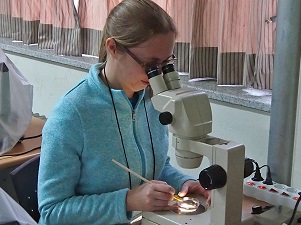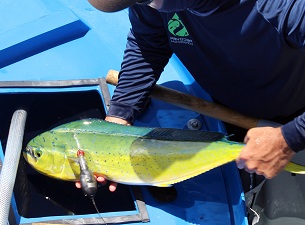Smithsonian Features Research about Brittle Stars Helping Coral Recover from Oil Spill
The Smithsonian’s Ocean Portal published an article about deep sea coral affected by the Deepwater Horizon incident and how their recovery is linked to the sea creature that lives on them. The ECOGIG research consortium are monitoring the health of these corals over time using high-resolution imagery, and they have made some amazing discoveries.

